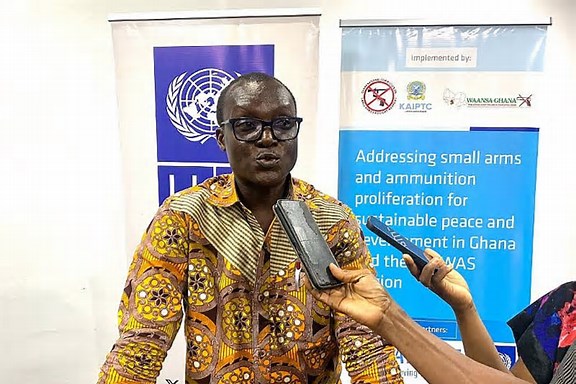
radio Loading ...
schedule ON AIR: 7:05 - 8:30
music_note NOW PLAYING:- Loading ...
"Water and blood cannot flow together," Indian Prime Minister Narendra Modi said in his address to the nation after New Delhi and Islamabad agreed to a ceasefire on May 10. "If Pakistan wants to survive, it will have to destroy its terror infrastructure. There is no other way to peace." Modi's speech did not mention the Indus Waters Treaty (IWT), but his message rang clear — the fighting may have come to an end but the 64-year-old water-sharing deal with Pakistan will remain suspended, or as the Indian government puts it: "in abeyance." So far, the water appears to flow as freely as it has for decades, but some reports say India is considering plans to build infrastructure that would allow it to store and divert more water from the Indus River system. The Indus is the longest river in South Asia, spanning over 3,000 kilometers (1,864 miles). It includes a complex system of tributaries that flows from Tibet, through divided Kashmir, and into Pakistan, before emptying into the Arabian Sea near Karachi. Unilaterally pausing the agreement to share its waters was one of the first steps India took in response to Islamist militants killing 26 civilians, almost all male Hindu tourists, in India-administered Kashmir on April 22. The attack was claimed by a group calling itself the Kashmir Resistance, which India says is also known as The Resistance Front and is linked to Lashkar-e-Taiba (LeT), a UN-designated terrorist organization. New Delhi accused Islamabad of backing the brutal massacre — a claim Islamabad denies. "If there are talks with Pakistan, it will be only on terrorism," Modi emphasized in his televised speech. Meanwhile, the government in Islamabad announced it would consider any withholding of water "an act of war" as the Indus is the most vital source of water for most of Pakistan's farms and hydropower plants. Tensions flare as India scraps water treaty with Pakistan